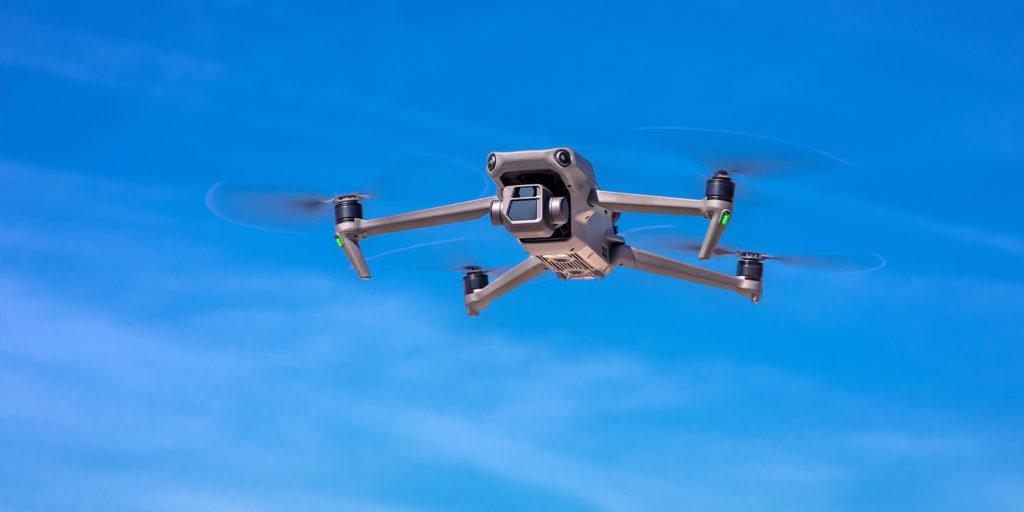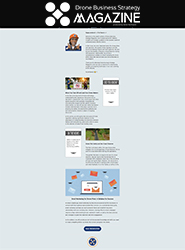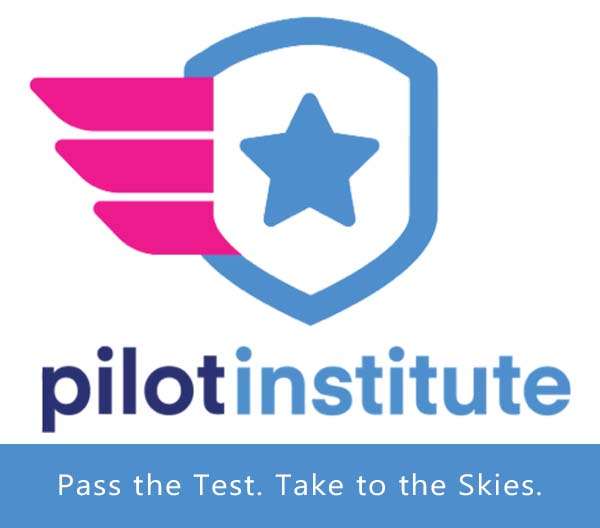
“The business you save may be your own.” As the popularity and use of drones continue to grow, so does the importance of drone insurance for commercial drone pilots. Drone insurance provides financial protection and liability coverage in case of accidents or incidents involving drones. It may also be required by law in certain jurisdictions.
This article discusses the importance of drone insurance for commercial drone pilots, the options available for liability insurance coverage, and compares the top drone insurance providers in 2023 to assist drone owners in choosing the best coverage for their needs.
Drone Pilot and Drone Insurance
Drone insurance is essential for commercial drone pilots for several reasons. Firstly, it can protect pilots from financial losses if their drone is damaged or lost during a flight. Drones are expensive pieces of equipment, and accidents can happen, even to experienced pilots. If a drone crashes or malfunctions during a flight, it can result in costly repairs or replacement costs.
Secondly, drone insurance can also provide liability coverage for pilots. If a drone collides with someone or something, it can cause significant damage or injury. Without liability coverage, pilots may be held responsible for these damages, leading to costly legal fees and compensation payments.
Additionally, many countries require commercial drone pilots to carry insurance as a part of their licensing requirements. Failure to have proper insurance coverage can result in fines or even the suspension of a pilot’s license.
FAA and Drone Insurance
The Federal Aviation Administration’s Part 107 rules do not specifically require licensed drone pilots to carry insurance. However, while it is not a legal requirement, the FAA strongly recommends that commercial drone pilots carry liability insurance to protect themselves and their businesses from financial losses that may arise from accidents or incidents involving their drone operations.
In addition, some states or municipalities may require drone pilots to carry insurance as a condition of operating within their jurisdiction. It is important for drone pilots to be aware of any local regulations that may apply to their operations and to carry insurance as necessary to comply with these regulations.
Drone Pilot Liability vs. Drone Hull Coverage
Drone Pilot Liability and Drone Hull Coverage are two types of insurance policies that provide different types of coverage for drone owners and operators.
Drone Pilot Liability, also known as drone liability insurance, is a type of insurance that covers the drone operator in case of damage or injury caused by the drone to third parties, such as people or property. This type of insurance is important because drone accidents can cause significant damage and injuries, and the operator can be held liable for these damages. Drone Pilot Liability insurance covers the cost of legal fees, medical bills, property damage, and other expenses that may result from a drone accident.
On the other hand, drone Hull Coverage, also known as drone physical damage insurance, covers damage to the drone itself. This coverage typically includes damage caused by accidents, theft, or vandalism. This type of insurance is important because drones can be expensive to repair or replace, and accidents can happen unexpectedly. With drone Hull Coverage, the drone owner can be assured that their investment is protected.
Drone Pilot Liability and drone Hull Coverage provide different types of coverage for drone owners and operators. While Drone Pilot Liability covers damages and injuries caused by the drone to third parties, drone Hull Coverage covers damage to the drone itself.
Drone Pilot Liability Insurance
Liability insurance is a specific type of insurance policy that provides financial protection to an individual or organization in case they are held responsible for causing damage or injury to someone else’s property or person. If the insured party is found liable, the insurance policy can cover the cost of legal fees, compensation payments, and other related expenses.
In the context of drone operations, liability insurance would provide coverage for commercial drone pilots or operators in the event that their drone causes damages or injuries to a person or property. For example, if a commercial drone pilot is operating their drone and it crashes into a building, causing damage to the property, the liability insurance policy would cover the costs of repairs or replacement of the damaged property.
Similarly, if the drone crashes into a person, causing injury, the liability insurance policy would cover the medical expenses and other costs associated with the injury. Liability insurance is crucial for commercial drone pilots because accidents can happen, and the financial losses from damages or injuries can be significant.
Without liability insurance, a commercial drone pilot or operator would be personally responsible for covering the cost of damages or injuries, which can be expensive and potentially ruinous for a business.
Drone Pilot Liability Insurance Options
Drone pilots have several options for purchasing liability insurance coverage. One option is to purchase a liability insurance policy as an extension to their renter’s or homeowner’s insurance policy. This type of policy would provide coverage for liability claims arising from drone operations, but the coverage limits may be lower than a standalone drone insurance policy.
Another option is to purchase liability insurance as a business insurance policy through their aerial agency. This type of policy would provide coverage for liability claims arising from drone operations conducted on behalf of the agency.
Additionally, commercial drone pilots can purchase drone insurance on a “mission-by-mission” basis through various current and emerging drone insurance specialty agencies. These agencies may offer coverage for a single flight or for a specified period of time, and the coverage limits may be higher than what is offered through a renter’s or homeowner’s insurance policy.
Some examples of drone insurance specialty agencies include PROPhotographer’s Insurance by RVNA, Skywatch, and United States Aircraft Insurance Group (USAIG), among others.
Drone Pilot Insurance Providers
Drone owners are advised to purchase drone liability coverage to protect against property damage or bodily injuries caused by their drone. In addition to liability coverage, drone owners may also consider purchasing hull coverage to cover physical damage to their drone and add-on coverage for equipment and remote controls.
To assist drone owners in choosing the best coverage for their needs, we have compared the top drone insurance providers in 2023.
Here are the top 7 providers based on our review:
- SkyWatch.AI – Best for flexibility. SkyWatch.AI offers flexible policies and customized coverage options to meet the unique needs of individual drone users.
- BWI Fly – Best for high coverage limits. BWI Fly offers high coverage limits and flexible policy options for both recreational and commercial drone users.
- Avion Drone Insurance – Best for weddings and events. Avion Drone Insurance specializes in providing coverage for drone operations at weddings and other events.
- Thimble – Best for hobbyists. Thimble offers affordable and flexible insurance policies specifically designed for hobbyist drone users.
- PROPhotographer’s Insurance by RVNA – Best competitive value pricing. RVNA’s unique drone insurance provides both General Liability and Physical Damage Coverage.
- DroneInsurance.com – Best for international coverage. DroneInsurance.com provides worldwide coverage options for both commercial and recreational drone users.
- United States Aircraft Insurance Group (USAIG) – Best for businesses. USAIG offers comprehensive coverage options for commercial drone operators, including liability, hull, and equipment coverage.
The Takeaway
Drone insurance is crucial for commercial drone pilots as it provides financial protection and liability coverage in case of accidents or incidents involving drones. Liability insurance is particularly important as it covers the financial losses from damages or injuries, which can be expensive and potentially ruinous for a business. While the Federal Aviation Administration’s Part 107 rules do not specifically require licensed drone pilots to carry insurance, the FAA strongly recommends that commercial drone pilots carry liability insurance to protect themselves and their businesses.
Drone pilots have several options for purchasing liability insurance coverage, such as an extension to their renter’s or homeowner’s insurance policy, business insurance policy through their aerial agency, or drone insurance specialty agencies.
Remember, having drone insurance is not only important, but it can also provide peace of mind and protect your business from potentially devastating financial losses. As a commercial drone operator, you have several options for purchasing liability insurance coverage, so take the time to find the best option for your needs and fly with confidence knowing you are protected.
Be smart, safe, and forever fly!
If you have any questions, let us know! If you’d like to hire us, you can get more information here.
Written by: Tony Marino, MBA – FAA Certified Part 107 Commercial Drone Pilot and Chief Business Strategist at Aerial Northwest
Frequently Asked Questions
Disclaimer: The information provided in this blog post is for general informational purposes only and should not be construed as legal advice.

DRONE BUSINESS STRATEGY MAGAZINE
A free digital publication made exclusively for all small business drone pilots to them help start-up, become profitable while sustaining a competitive advantage within the drone service industry sector they opt to serve.
“If you love to fly, we’d love to have you come aboard!”
We share your information with no one. Our Privacy Policy.









Leave a Reply
Your email is always safe with us.